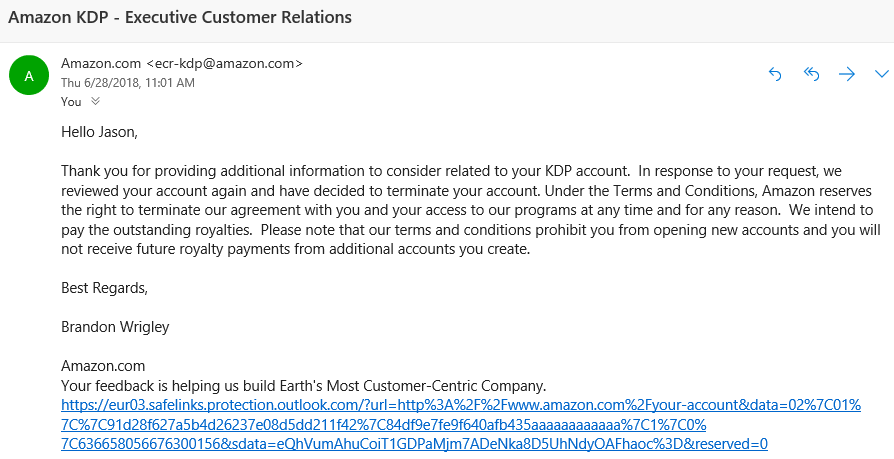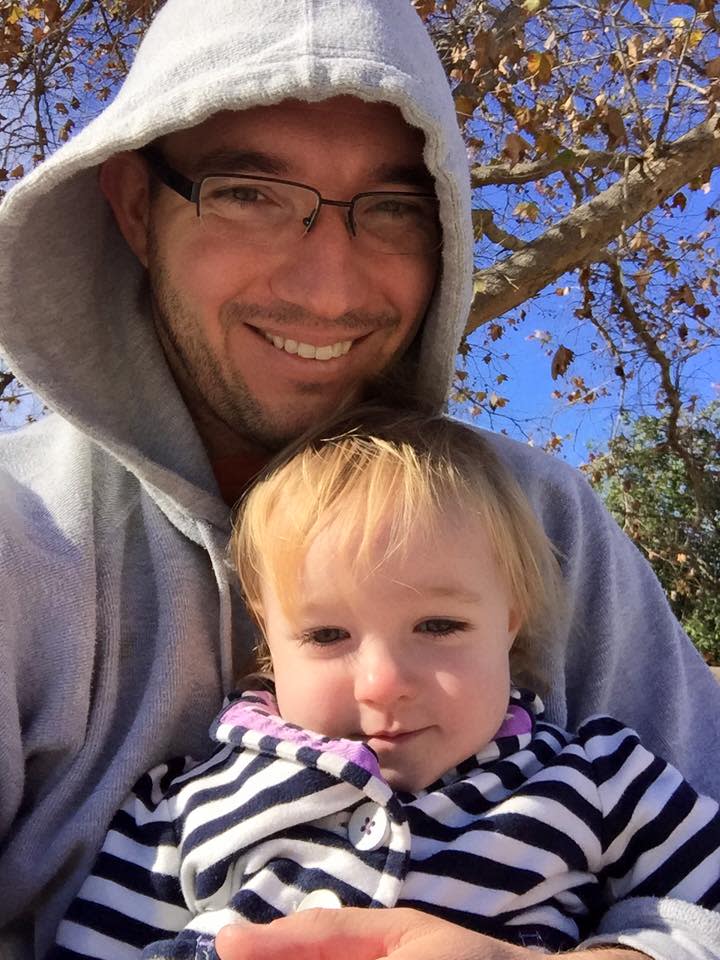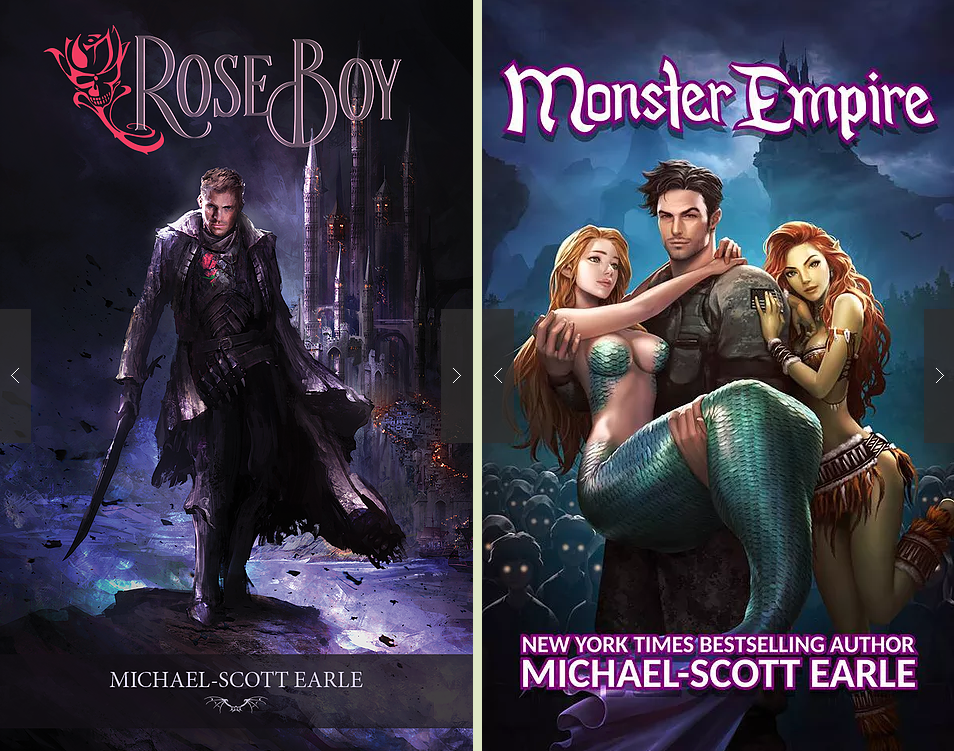Amazon self-published authors: Our books were banned for no reason

In recent weeks, Amazon (AMZN) has taken down e-books written by at least six self-published novelists who say they did nothing wrong and depend on the platform to make their living, those six novelists told Yahoo Finance.
The six authors published many of their books through Amazon’s online self-publishing platform Kindle Direct Publishing Select, and they expressed shock and frustration over losing their livelihoods without understanding why.
Amazon, for its part, has been cracking down on KDP Select authors who supposedly game the system in order to get paid more. But the authors Yahoo Finance spoke to insist they haven’t engaged in this kind of fraud, and that Amazon banned them without sufficient explanation of wrongdoing.
‘It was the worst week of my life’

Jason Cipriano, a self-published author in Bakersfield, California, known to his readers as J.A. Cipriano, says he has sold 143,000 copies of his novels through KDP — enough for him to leave his job as an electrical controls engineer in 2016 to write full-time.
Then in late June, on the first day of vacation with his wife in Cabo San Lucas, Mexico, Cipriano noticed over a dozen missed phone calls and messages alerting him that his books had been pulled from the Kindle store and that his ability to publish through KDP was suspended.
“It was the worst week of my life,” Cipriano said. “We spent the entire vacation in the hotel worried if I was ever going to make another penny again and worrying about how I was going to pay off all of the expenses for everybody and if we could even afford to eat dinner that night.”
Cipriano says he has yet to receive a clear, detailed explanation from Amazon beyond the assertion that he manipulated KDP services — services that include Amazon’s all-you-can-read $9.99 Kindle Unlimited — despite reaching out to customer support to explain the situation. Feedback from Amazon largely came in the form of a generic form letter via email:

Michael-Scott Earle, an author of over 45 pulp fiction, science fiction and fantasy novels for men, experienced a similar scenario play out. In mid-July, the Austin, Texas-based native was on the phone with his editor going over changes to the draft of his latest novel, when he received an email from Amazon stating his KDP account was also involved in the “manipulation of KDP services including Kindle Unlimited.”
“I imagine I make them probably about a half-million dollars a year which is nothing to them — it’s probably a rounding error to them,” says Earle, who says he has sold roughly 300,000 copies of his books. “But could they have called me or maybe sent me an email? I’m not even worth someone reaching out to and saying, ‘Hey, Michael-Scott, we’re seeing this or that with your account. What’s going on?’”

Amazon, for its part, declined to go into specifics about why it banished these authors. But it appears the company has come down particularly hard on some KDP Select authors in recent weeks. Four other authors Yahoo Finance spoke to on the condition of anonymity acknowledged they had somewhat similar experiences and were also notified that they had somehow manipulated KDP services, including Kindle Unlimited.
“As I’m sure you understand, we don’t comment on actions we take against specific author accounts, but we take attempts to manipulate our services very seriously,” an Amazon spokesperson tells Yahoo Finance.
‘There are people who abuse the system’
Since it launched in 2007, the Kindle Direct Publishing platform has become a behemoth in self-publishing, cementing itself as one of the largest marketplaces for authors looking to independently publish their work.
In the years since, thousands of authors have flooded KDP with books across many genres, from fiction and romance to business and investing. The KDP platform has become successful enough such that Amazon, in addition to having its own book publishing imprints like 47 North and Grand Harbor Press, offers a slew of tools aimed at helping aspiring independent authors get started.
Because KDP has become a crowded platform, some authors who publish through KDP are strongly compelled to enroll in KDP Select, a program that offers enrollment in Kindle Unlimited and the Kindle Owners’ Lending Library for added visibility in exchange for book exclusivity with Amazon. If an author participates in Kindle Unlimited, it’s more likely their books will also be promoted elsewhere in the Kindle store, which can yield more sales.
The catch: Authors whose books are available on Kindle Unlimited get paid differently than the rest of the book industry. Instead of receiving a percentage of each book sold, authors are paid each month from one collective royalty fund. And each monthly payment is determined not by how many times an author’s book is downloaded, but by how many ebook pages are read.

That business model, unfortunately, has led to authors who try to game the system by faking the number of book pages read — a scam called “book stuffing.” One method involves scammers exaggerating or falsifying the number of pages read by adding a “disruptive link” at the start of a book promising “bonus content.” Clicking on the link jumps the reader to the end of the book, however long it may be. That way, the reader’s device sees that they have finished a book, even if a reader has only read just 5% of it. Yet the book’s author is paid more for it.
This June, Amazon further clarified its publishing guidelines such that “disruptive links” are explicitly banned and bonus content should “make up no more than around 10% of an e-book.”
Such “manipulations” of Amazon’s KDP service are also grounds for the company to pull an author’s books from Amazon.com and terminate that author’s KDP account.
Jessica Park, an author in Manchester, New Hampshire, who has self-published seven books on the KDP platform, says she’s only had positive experiences with Amazon but expressed sympathy for authors whose works may have unjustifiably been banned.
“There are some people who abuse the Kindle platform, and that’s slimy,” acknowledged Park. “But some of these cases sound to me like KDP has misinterpreted something or is not communicating well, and it’s shutting off accounts with insufficient explanation. They [Amazon] built this world to let people publish and encouraged them to get their work out there. So I really don’t know, but I am frustrated for them if they’ve truly not done anything wrong.”
An imperfect system
Authors such as Cipriano and Earle, who say they haven’t engaged in any such practices, are now facing the realization that this could be the end of their careers as full-time novelists. After all, Amazon is a dominant force in the publishing industry — and publishing through Amazon was their only source of income.
Although Amazon terminated Earle’s KDP account, he attempted a workaround: employing a third-party publisher and their KDP account to potentially publish his works to the Kindle Store on his behalf. On Thursday morning, however, Amazon rejected the publisher’s attempts and additionally told Earle he would not receive the remaining book royalties due to him. Because Amazon’s terms of service state KDP authors can’t sue the company, Earle may pursue arbitration against Amazon in the months ahead if his attorney can’t resolve the issue with Amazon.
“I love Amazon, because they offered me the opportunity to publish for a living,” says Earle. “Without them, I wouldn’t have been able to write. But what other choice do I have? It seems like they’re banning my books.”

Another self-published author, whose works were removed from the Kindle Store this summer, spoke to Yahoo Finance under the condition of anonymity and expressed similar ambivalence: gratitude to Amazon for the ability to jumpstart their career as an independent author but frustration and anguish over playing by Amazon’s rules and still getting dinged.
“It may not be Amazon’s intention to do that — it could simply be the result of an imperfect system that can’t properly differentiate between high volumes of legitimate sales and fake, bot-generated sales, for example — but the fact remains that to become a successful self-published author on Amazon is to put yourself at higher risk of having your income obliterated overnight through no fault of your own and without any explanation,” explains the author, who also says he did not receive a detailed explanation of their alleged wrongdoing. “I now feel that even though Amazon may be a decent platform for a hobbyist, it has shown itself to be unreliable, unfair, and arbitrary for people who are serious about self-publishing.”
For now, the author plans on taking a “much needed” break from publishing.
“Since Amazon is the biggest online book retailer there is, publishing exclusively on non-Amazon storefronts may not be a sustainable plan,” the author adds.
Cipriano, who says he was once approached by a major publisher, now faces another reality. Even if he wanted a future book published through a traditional publishing house, the possibility would be unlikely, Cipriano argues.
“Why would a company want to work with a writer like me knowing Amazon doesn’t want me?” he explains.
In the eyes of Amazon and some of their hard-won fans, Cipriano, Earle and authors like them are now viewed as tainted goods — whether they gamed Amazon’s publishing platform or not.
—
JP Mangalindan is the Chief Tech Correspondent for Yahoo Finance covering the intersection of tech and business. Email story tips and musings to [email protected]. Follow him on Twitter or Facebook.
More from JP:
